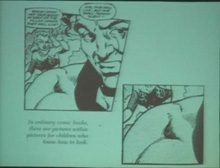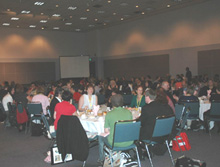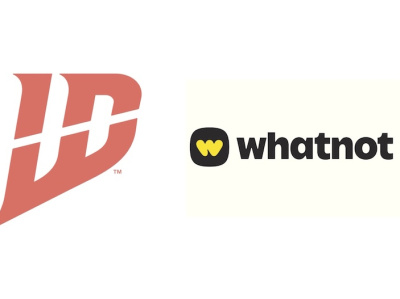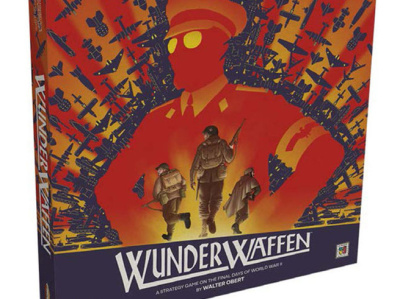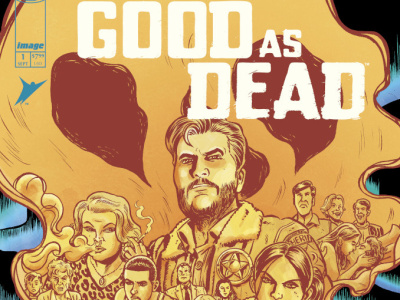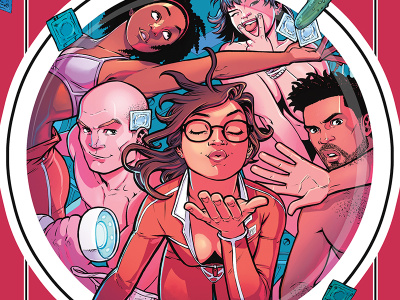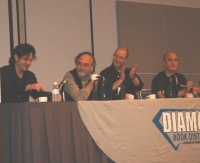
The first ever Graphic Novel Breakfast at Book Expo
Jeff Smith was the MC for the panelists and began by talking about 1986, a pivotal year that came up frequently during the subsequent discussions. Three key graphic novels appeared in 1986—Spiegelman’s Maus, Frank Miller’s The Dark Knight Returns, and Alan Moore and Dave Gibbon’s Watchmen. These volumes opened up Jeff Smith’s eyes to the potential of the medium and inspired him to create Bone--a work that Smith stated was not originally intended for kids, though it has been embraced by a youthful audience.
Art Spiegelman followed with an illustrated personal history of his life in comics that was both informative and very humorous while succinctly chronicling the history of the medium from the late 1940s to the present. He blended images from his early work Breakdowns, which is being reissued this fall with an autobiographical introduction that nearly doubles its length. Among the many images he showed was a page from Dr. Wertham’s Seduction of the Innocent on which the good doctor demonstrated the secret symbolism within comics that drove kids to juvenile delinquency—in this case a detail of a male character’s shoulder, which revealed the image of a naked woman’s torso.
Mike Mignola talked about creating Hellboy and the way in which he has managed to incorporate all sorts of elements of folklore into a series of comics (and graphic novel collections) that is actually one giant narrative. Mignola admitted that after working on Hellboy for 15 years he is about half done with the saga. Mignola also commented very humorously on his involvement with the filmmaking process. While never disparaging the work of director Guillermo del Toro and his crew, Mignola nevertheless made it plain that after spending some time assisting with the production of the movie, he was glad to get back to his drawing board where he could feel both in control and productive.
The discussion of moviemaking made for a smooth transition to the final panelist, writer Jeph Loeb, who was trained as a movie-maker. He began his career in
Loeb discussed his first efforts at writing for comics on the obscure DC title Challengers of the Unknown, where he made artist Tim Sale continually redraw pages because he didn’t know how to communicate what he wanted in the script. According to Loeb, Sale ended up drawing some 64 pages for their first 22-page issue of Challengers. Fortunately Loeb and



